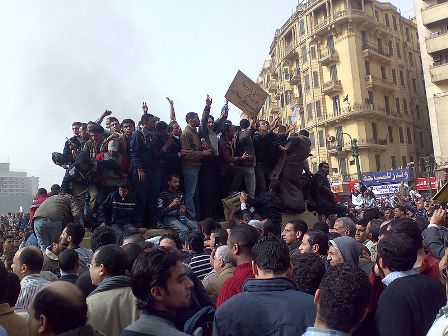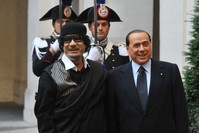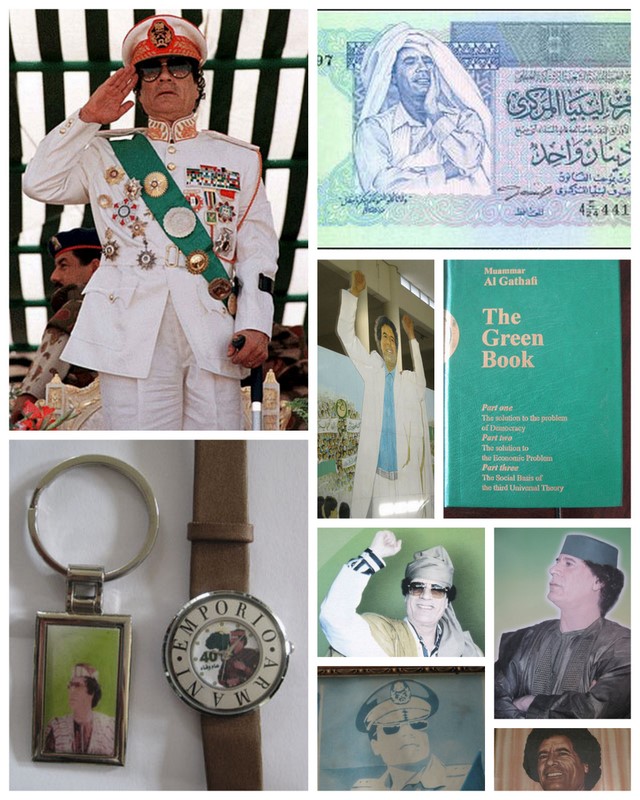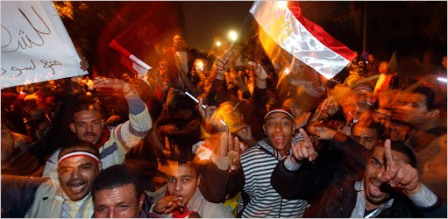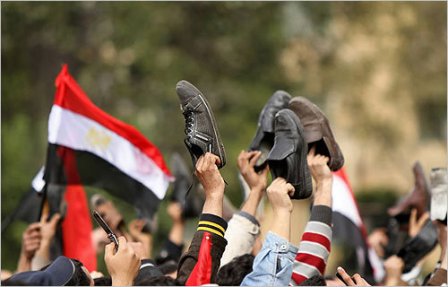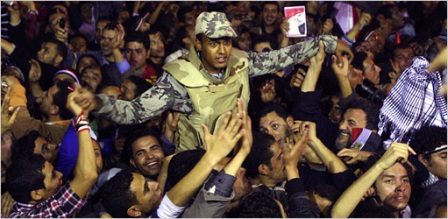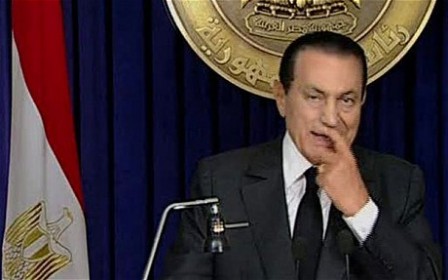World Bank mustn't say "democracy," but "deploy troops" is OK
UPDATE: Wed, May 11: World Bank media chief David Theis responds (see end of comments section below)
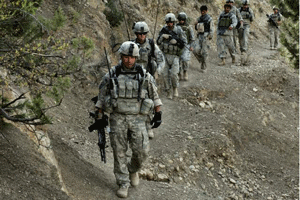 I finally read the World Bank's 2011 World Development Report, Conflict, Security, and Development. It shed new light on an earlier discussion I had by email with World Bank Media Chief David Theis last month, which I reproduce here, and then I add a new letter I just sent to Mr. Theis.
I finally read the World Bank's 2011 World Development Report, Conflict, Security, and Development. It shed new light on an earlier discussion I had by email with World Bank Media Chief David Theis last month, which I reproduce here, and then I add a new letter I just sent to Mr. Theis.
To World Bank Media Chief David Theis, April 7, 2011
David, I noticed that President Zoellick's speech yesterday on the Arab Democratic Spring did not actually mention the word "democracy" … The omission is quite startling given the topic, so I was wondering: is there a legal prohibition (such as from the articles of agreement) that prohibits the President from overtly using the word "democracy"? Bill
From World Bank Media Chief David Theis, April 8, 2011
Hi, Bill. Since you worked at the World Bank for 16 years, you probably know that our Articles of Agreement say that the Bank, which is owned by 187 member countries, “….shall not interfere in the political affairs of any member; nor shall they be influenced in their decisions by the political character of the member or members concerned.”
Here's a link to the Articles, if you need a refresher: http://go.worldbank.org/0FICOZQLQ0
Thanks very much,
David
New letter yesterday
To World Bank Media Chief David Theis, May 9, 2011
Dear David,
I have finally had a chance to read the 2011 World Development Report (WDR) on Conflict, Security, and Development. On p. 188, it says:
" External forces can ...begin to restore confidence ... They can also deploy troops to provide physical security guarantees against a relapse."
On p. 192, it talks again about the idea for external forces “to deploy peacekeeping operations to confront violence in a timely manner.”
Thanks for the refresher in your April 8 letter on the restriction that the World Bank “not interfere in the political affairs of any member.”
And thanks for explaining that any descriptive use of the word “democracy” on Arab revolts by President Zoellick would be such an interference in political affairs of a member state.
I was just wondering if you would consider a deployment of outside military troops to be less of an interference than using the descriptive word “democracy”?
Thanks for any clarification you can provide.
All the best. Bill
Mr. Theis kindly said he would check with the WDR team and get back to me.
 From Aid to Equality
From Aid to Equality


